There are many causes of cramps, such as stress, overexertion, dehydration, electrolyte imbalance or hormonal disorders. In many cases, severe cramps often occur when playing sports or having an illness, according to the health website Healthline (USA).
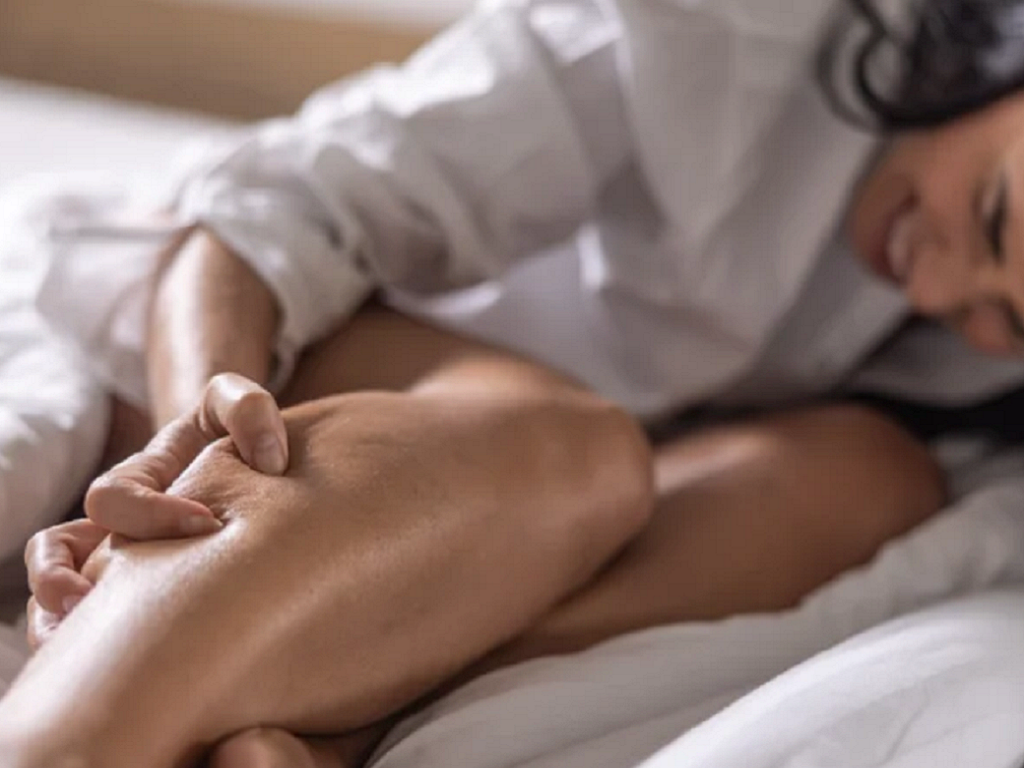
Cramps can come on suddenly and cause severe pain.
Muscle cramps come in several varieties, including leg cramps, menstrual cramps, and night cramps. Leg cramps, although painful, usually last a few seconds or minutes. The most common cause is overexertion.
Menstrual cramps occur during a woman's menstrual cycle and can range from mild to severe. Nocturnal cramps are cramps that occur during sleep and can wake the sufferer up in the middle of the night with pain.
When it comes to cramps, frequency and severity are factors to consider. Cramps that only occur occasionally are usually harmless. However, if they are frequent, last longer than a few minutes, or are extremely painful, they may be a symptom of an underlying condition.
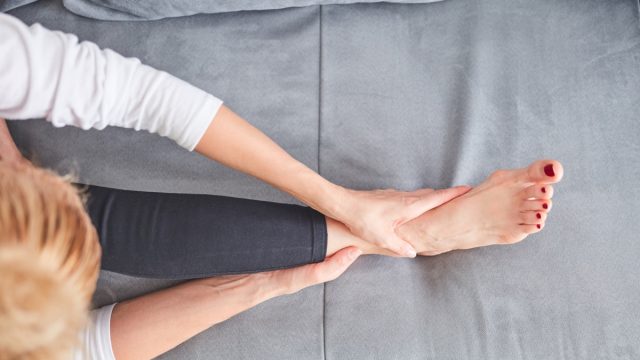
If cramps cause swelling, redness, and muscle weakness in the legs, regardless of the cause, you should see a doctor.
Severe cramps throughout the body are caused by electrolyte imbalances. Meanwhile, cramps during exercise, such as leg cramps when climbing stairs, are a sign of atherosclerosis. These are cases that require early medical treatment.
In addition to frequency and severity, determining whether cramps are dangerous or not, it is also necessary to consider their impact on daily life. If cramps cause swelling, redness, and muscle weakness in the legs, regardless of the cause, a doctor should be consulted. This is especially necessary if common measures such as massage, stretching, and warm compresses are not effective. In cases where cramps disrupt sleep, the sufferer may need to use some prescription drugs.
To reduce the risk of cramps, especially menstrual cramps, people can apply some home remedies such as using a heating pad, massage or yoga. Applying cold or warm compresses to the cramped area can help reduce pain and discomfort. In some cases, calcium and magnesium supplements can also help reduce cramps, according to Healthline.
Source link


![[Photo] Looking back at the impressive moments of the Vietnamese rescue team in Myanmar](https://vstatic.vietnam.vn/vietnam/resource/IMAGE/2025/4/11/5623ca902a934e19b604c718265249d0)



![[Photo] "Beauties" participate in the parade rehearsal at Bien Hoa airport](https://vstatic.vietnam.vn/vietnam/resource/IMAGE/2025/4/11/155502af3384431e918de0e2e585d13a)

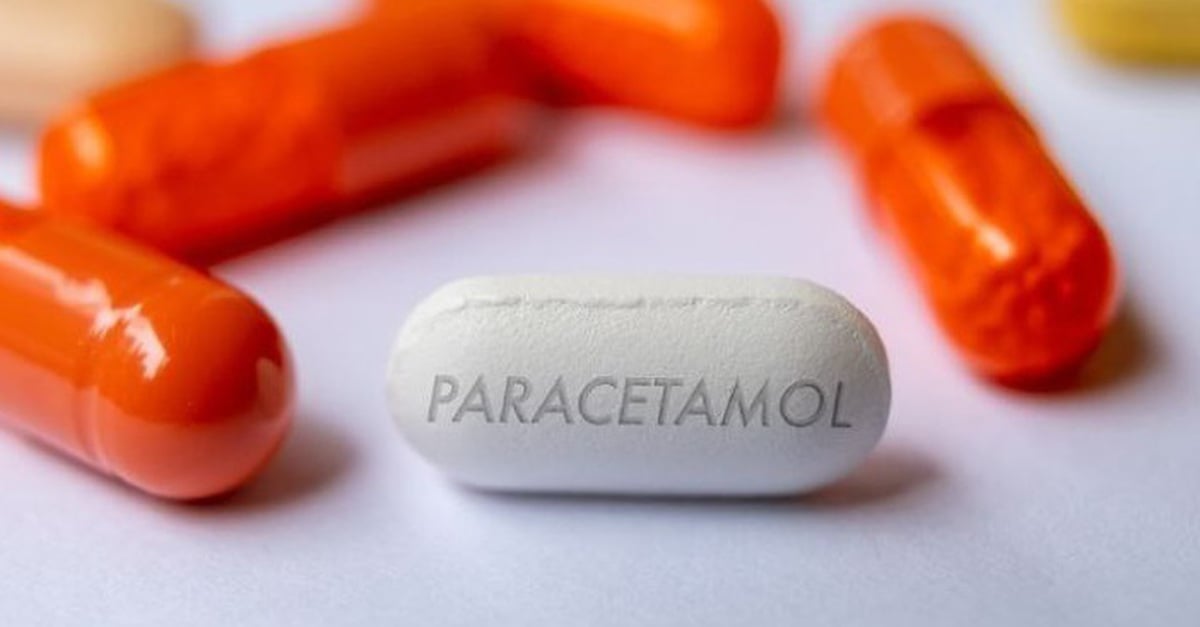

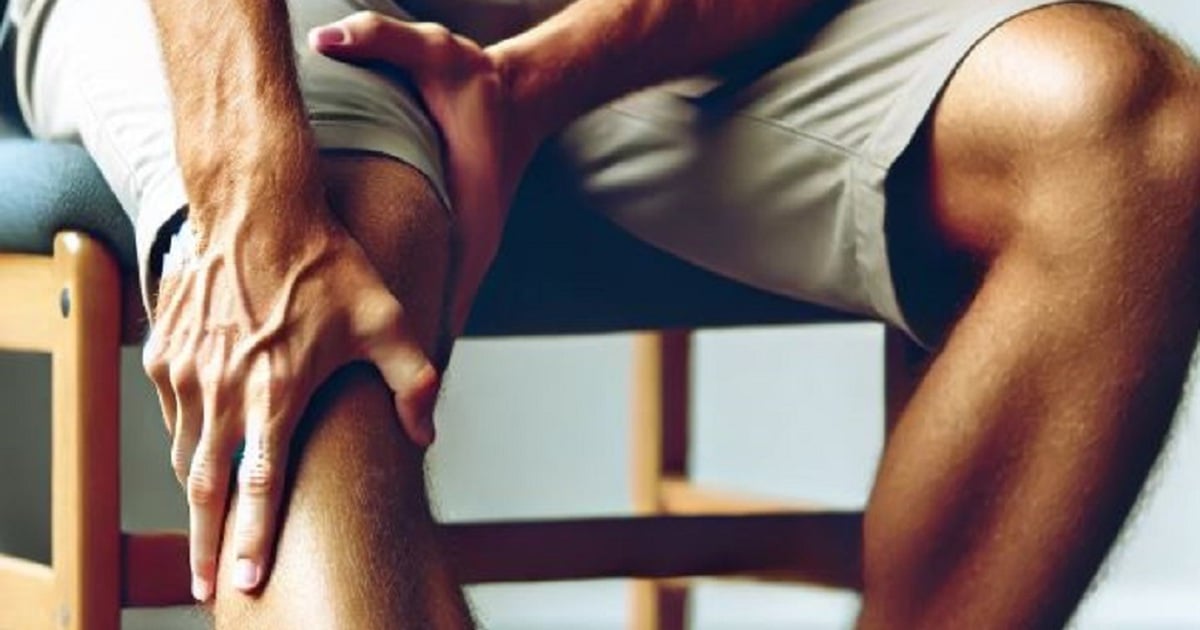


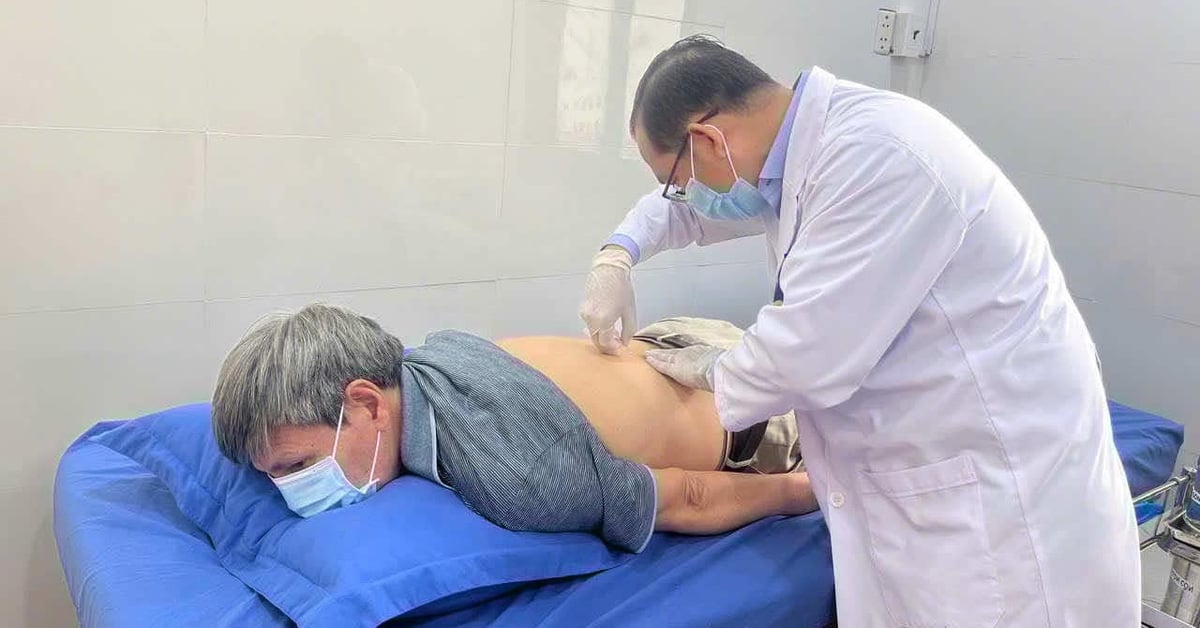



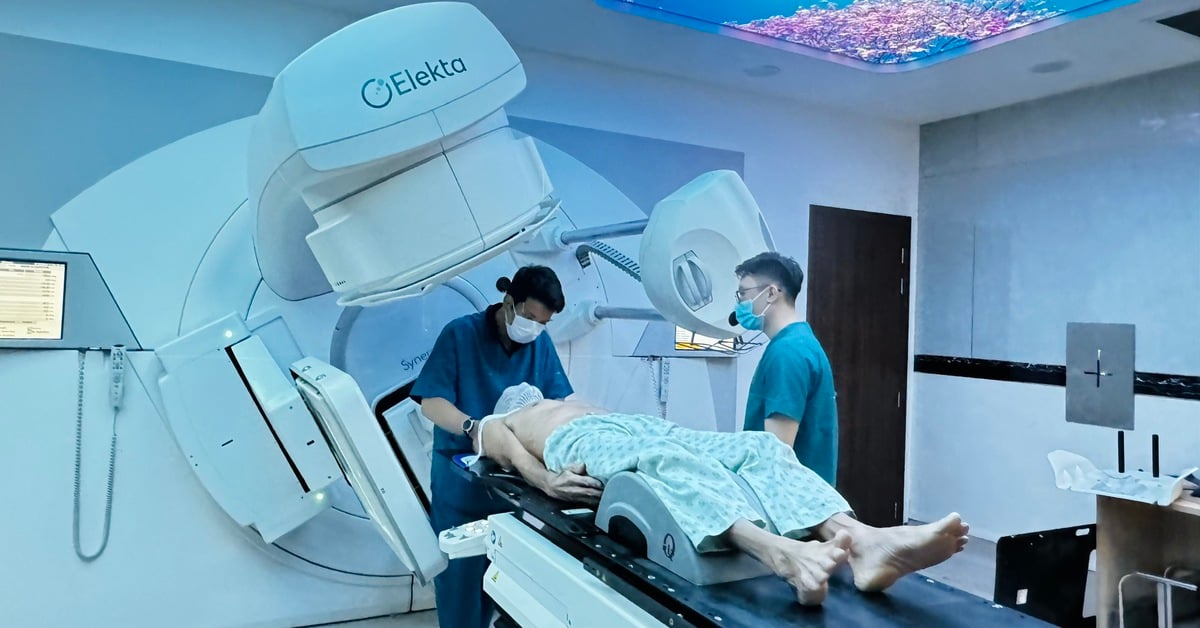
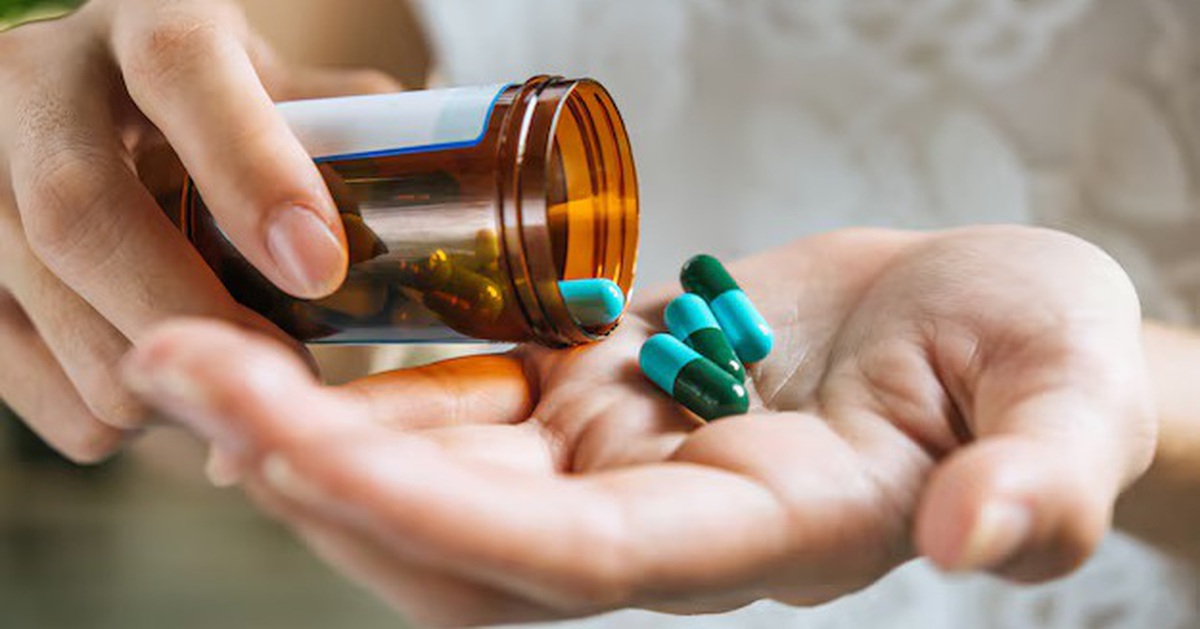










![[Photo] Summary of parade practice in preparation for the April 30th celebration](https://vstatic.vietnam.vn/vietnam/resource/IMAGE/2025/4/11/78cfee0f2cc045b387ff1a4362b5950f)





























































Comment (0)